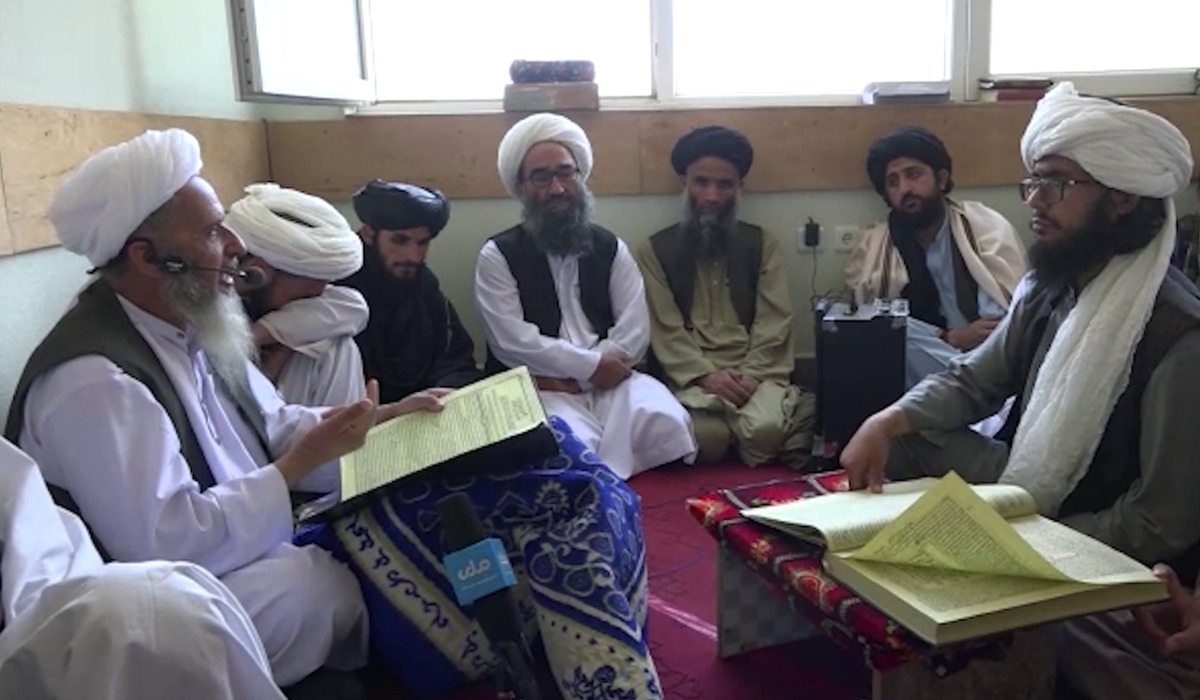KABUL, Afghanistan — The Taliban-run Ministry of Education said on Saturday that over 40 religious seminaries, or madrasas, have been inaugurated or had their foundation stones laid across Afghanistan in the past four months.
According to official figures, the ministry either constructed or reconstructed 41 seminaries in provinces including Bamiyan, Balkh, Paktia, Paktika, Sar-e Pul, Kapisa, Farah, Badakhshan, Baghlan, Khost, and Ghazni. The total cost of these projects reportedly exceeded 85 million Afghanis.
Between September 20, 2024, and January 2025, the Taliban inaugurated or began construction on the seminaries in phases: 14 were inaugurated between September 20 and October 20; six between October 20 and November 20; another six between November 20 and December 20; and 15 since December 20.
At the same time, the Taliban have been actively encouraging male students in certain provinces, including Panjshir, to attend religious schools and study subjects aligned with their ideology, such as “Emirate Studies.”
“Since the Taliban came to power, there is no real education in our schools. Most of the time, classrooms are empty—no teachers, no motivation. It feels like they just want us to study what they want us to,” a resident of Panjshir said.
Critics argue that the Taliban’s focus on religious schools undermines Afghanistan’s education system. They have kept schools and universities closed to girls beyond the sixth grade, a move widely condemned by the international community, while promoting madrasas for both boys and girls.
Statistics from the Taliban Ministry of Education reveal that the number of religious schools in Afghanistan now exceeds 21,000, with three million students enrolled. Observers warn that this approach may contribute to radicalization among Afghan youth, as senior Taliban officials reportedly compete to build seminaries that could serve as ideological and military recruitment grounds.
While the Taliban claim to support education, their prioritization of religious institutions over broader academic access—especially for women and girls—has fueled widespread criticism and fears of long-term consequences for the country’s development and stability.




